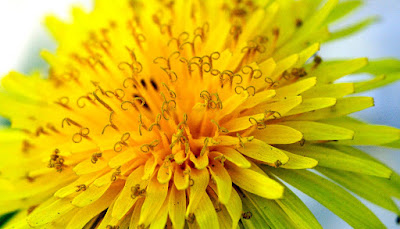DRY WINTERS THREATEN CALIFORNIA WILDFLOWERS
Native wildflowers in California are shedding species variety after several years of drier winter seasons, inning accordance with a brand-new study.
The searchings for provide the first direct proof of environment change impacts in the state's grassland neighborhoods.
taruhan bola terbesar momen yang dibuang andersonThe study, released in the Procedures of the Nationwide Academy of Sciences, is based upon 15 years of monitoring about 80 sampling stories at McLaughlin Reserve, component of College of California, Davis' All-natural Reserve System.
"Our study shows that 15 years of warmer and drier winter seasons are producing a straight loss of native wildflowers in some of California's grasslands," says lead writer Susan Harrison, a teacher in the division of ecological scientific research and plan. "Such variety losses may foreshadow larger-scale extinctions, particularly in areas that are ending up being progressively dry."
The scientists verify that drought-intolerant species experienced the most awful declines.
BEYOND CALIFORNIA
Comparable trends have been found in various other Mediterranean atmospheres, such as those of southerly Europe, bolstering the situation for enhanced environment change understanding in the world's semi-arid areas.
Taken along with environment change forecasts, the future grassland neighborhoods of California are expected to be much less efficient, provide much less nourishment to herbivores, and become more vulnerable to intrusion by unique species, the study says.
The scientists anticipate these unfavorable impacts to cascade up through the food web—affecting bugs, seed-eating rats, birds, deer, and domesticated species such as livestocks, all which depend on grasslands for food.
TOO LATE?
Turfs and wildflowers may have the ability to endure the present drying out duration through their comprehensive seed financial institutions, which can exist inactive for years waiting on the right problems to germinate. However, California's dry spell is expected to intensify in the coming years, so this save effect may wind up being far too late for some species.
The study's coauthors consist of Elise Gornish, a UC Cooperative Expansion expert in the UC Davis Division of Grow Sciences, and Stella Copeland, a doctoral trainee in the Division of Ecological Scientific research and Plan.
The Nationwide Scientific research Structure sustained the work.



